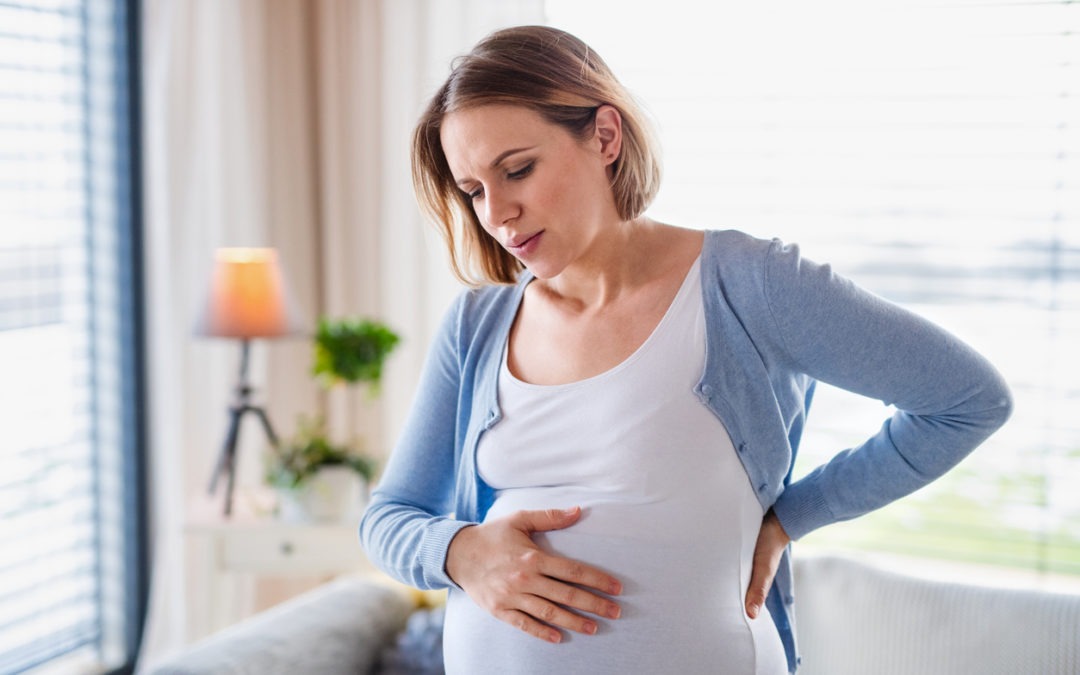Numerous genetic factors, environmental elements, and lifestyle choices can lead to venous conditions such as varicose veins. Many women begin to develop the problem during pregnancy. In women who already have varicose veins before getting pregnant, the condition tends to worsen as the unborn baby develops.
Newly Pregnant? Here’s How Your Veins Will Be Affected in Coming Months
To better support both mother and fetus, the pregnant body produces an increased volume of blood. Unfortunately, this can place substantial stress on the cardiovascular system, particularly on the veins. Veins carry blood from the extremities back to the heart. The added stress can easily lead to the development of varicose veins.
To make matters worse, the expanding uterus of the pregnant woman tends to apply considerable pressure to the inferior vena cava. The Inferior Vena Cava is the major vein that carries blood upward, against gravity, from the legs. Furthermore, the high levels of progesterone associated with pregnancy relax blood vessel walls, causing them to bugle and swell.
In addition to experiencing varicose veins in the legs, pregnant woman can suffer from the same condition in the outer lips of the vagina. This condition is called vulvar varicosities, and it affects between 4% and 10% of women during pregnancy.
When Should I Be Worried about Varicose Veins in Pregnancy?
If you’re worried about developing varicose veins while pregnant, you should know that you are more likely to get them if other members of your family have gotten them. They also tend to worsen with each successive pregnancy and appear more widely and virulently among women who are older and/or overweight.
Although they can be uncomfortable and unsightly, varicose veins generally don’t present a serious health risk. Contact your doctor immediately, however if your varicose veins become hard, red, warm, or sharply painful.
Will Varicose Veins Go Away After Pregnancy?
After birth, the mother’s blood pressure generally lowers, and the uterus no longer pushes on the inferior vena cava. This often causes varicose veins to shrink and even disappear during the postnatal period…but not always!
Can I Prevent Pregnancy-Related Varicose Veins?
To stop varicose veins before they start, pregnant women should avoid standing or sitting for long periods of time, elevate their feet when possible, engage in low-impact exercise, and wear maternity support hose. These measures can also reduce the severity of existing varicose veins.
Can I Treat Varicose Veins While Pregnant?
All the surgical and minimally invasive procedures that are commonly used to treat varicose veins present increased medical risks to pregnant mothers and their unborn babies. For this reason, doctors avoid the clinical treatment of varicose veins in pregnant women. However, these options are available to any generally healthy woman who continues to suffer from varicose veins well after pregnancy.
Treatments for Venous Issues
Although not recommended for women who are pregnant, there are multiple options for alleviating and even eliminating venous issues. The most popular include…
Varicose Vein Treatment
Spider Vein Treatment
Other Body Vein Treatments
Finding Vein Treatment in Manhattan, NY
If you live in New York City and you’re looking for vein care, we invite you to meet the vein physicians at the Schulman Vein and Laser Center in Manhattan. You can schedule a free vein screening at any of Schulman’s three New York City locations by making an appointment today.

